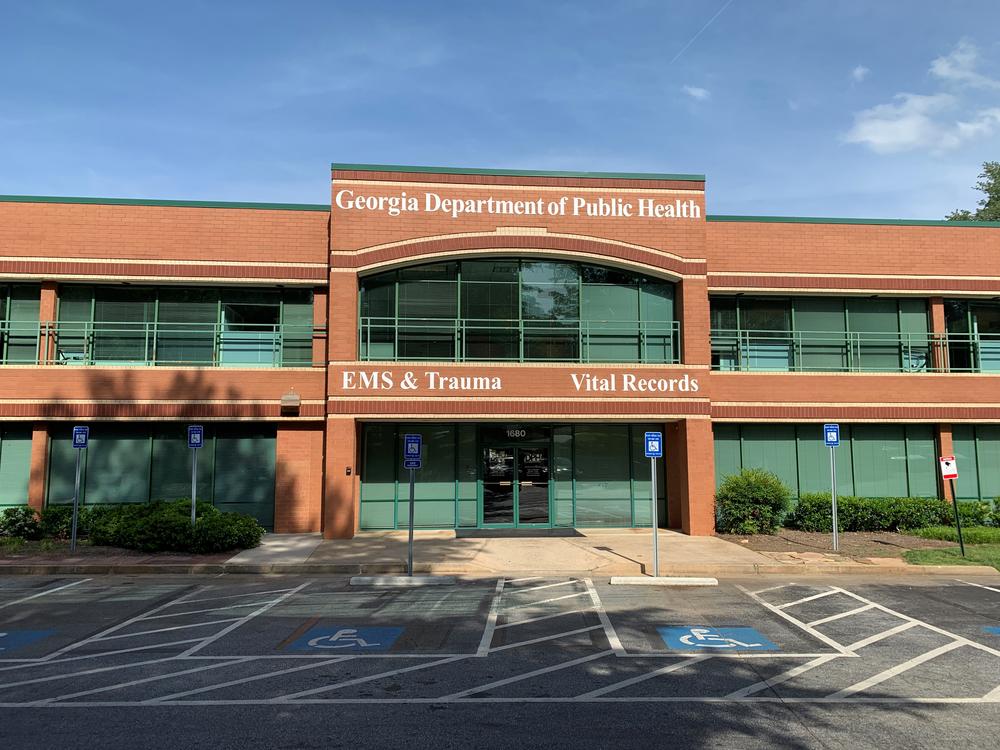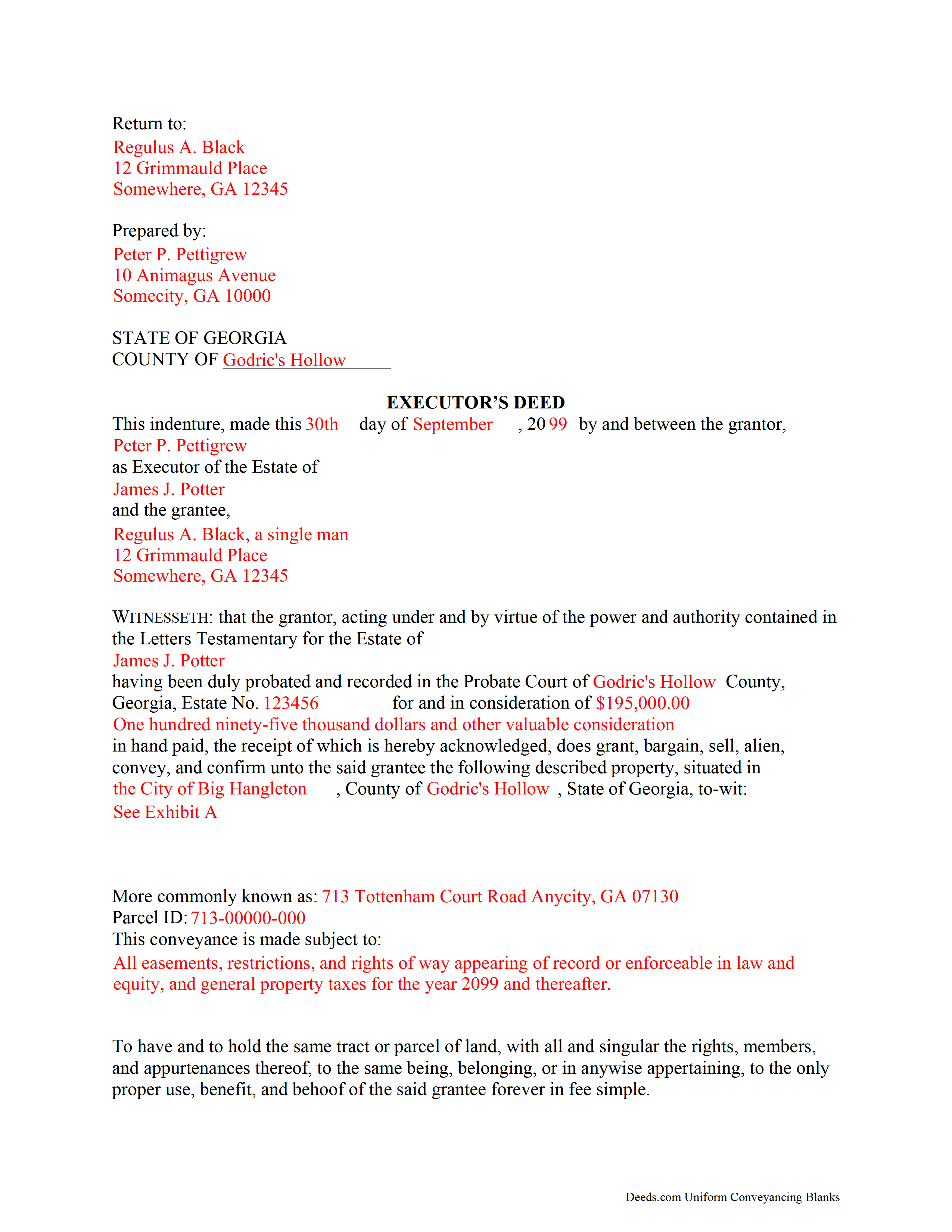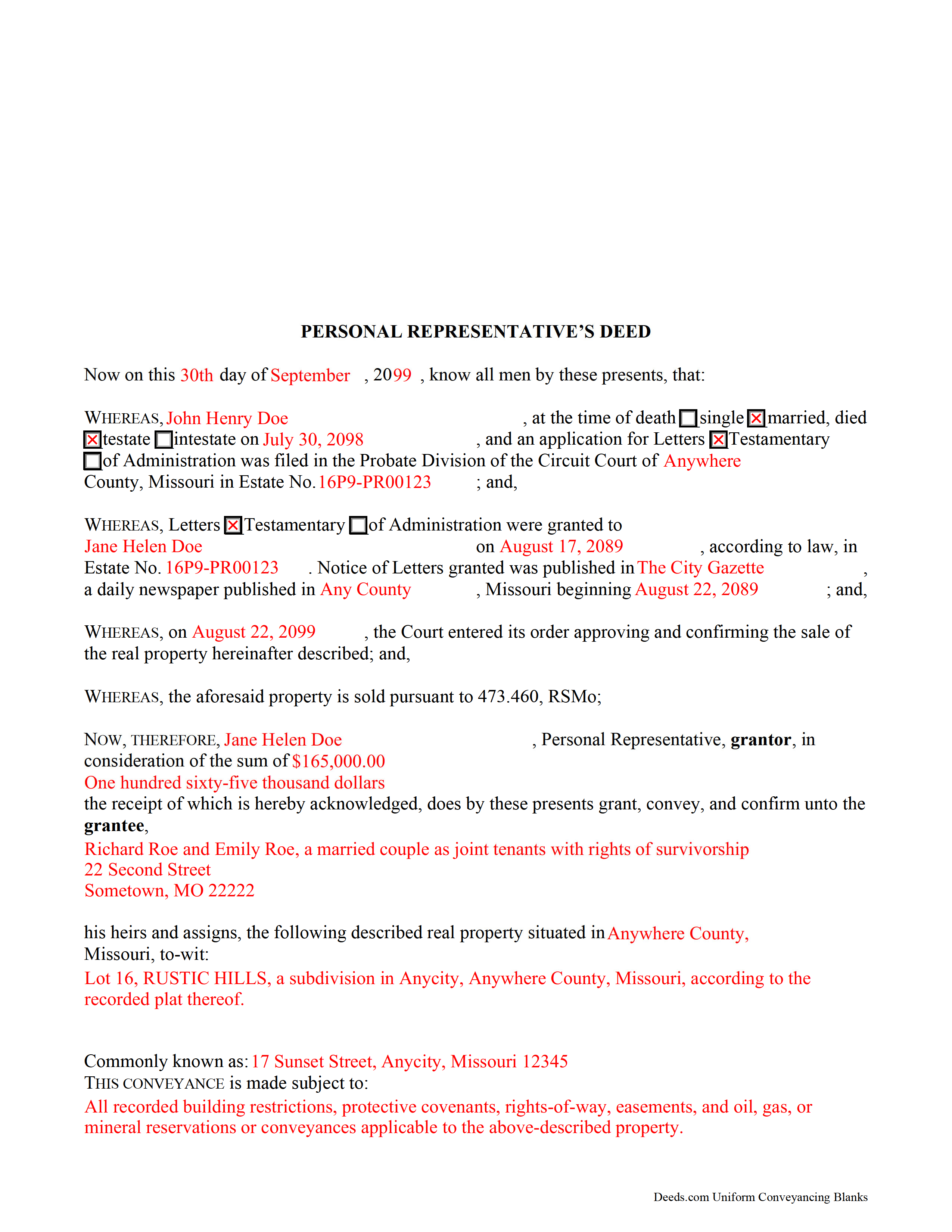Uncovering The Secrets Of Vital Records In Georgia Cobb County
Have you ever wondered about the importance of vital records in Georgia Cobb County? These records hold a treasure trove of information that can be crucial for various purposes, from legal documentation to genealogical research. Whether you're a resident, researcher, or just curious about the details, understanding vital records is like unlocking a hidden vault of history. Let's dive into why these records matter and how they shape our lives.
When it comes to vital records, Georgia Cobb County has got it all—birth certificates, marriage licenses, death certificates, and more. But why should you care? Well, these documents aren't just pieces of paper; they're the building blocks of identity, proof of existence, and even tools for solving mysteries. If you've ever needed to track down your family tree or verify someone's identity, these records are your go-to resource.
Let's not forget that in today's digital age, access to vital records has become more streamlined. However, navigating the system can still feel like solving a puzzle. That's where this guide comes in. We'll break it down for you, step by step, so you can make the most of the resources available in Cobb County, Georgia. Ready to get started? Let's go!
Read also:Merced County Obituaries A Comprehensive Guide To Remembering Lives
What Exactly Are Vital Records?
Vital records refer to official documents that record significant life events such as births, marriages, divorces, and deaths. In Georgia Cobb County, these records are meticulously maintained by the local government to ensure accuracy and reliability. Think of them as the official diary of a community, capturing the milestones of its residents.
These records aren't just for show; they serve practical purposes. For instance, a birth certificate is necessary for enrolling in school, applying for a passport, or even getting a driver's license. Similarly, marriage licenses are required for legal recognition of unions, while death certificates play a role in settling estates and managing inheritance.
But here's the kicker—vital records also play a crucial role in genealogical research. Imagine tracing your family's roots back generations, discovering ancestors you never knew existed. It's like a treasure hunt, and these records are your map. So, whether you're dealing with legal matters or exploring your heritage, vital records are your ultimate ally.
Why Are Vital Records Important in Georgia Cobb County?
In Georgia Cobb County, vital records hold a special place in the community. They serve as the backbone of legal and administrative processes, ensuring that every resident's identity is accurately documented. But their importance extends beyond bureaucratic functions. These records help protect individual rights, maintain public health statistics, and even aid in criminal investigations.
For instance, birth records in Cobb County are used to track vaccination schedules, monitor population growth, and plan public services. Marriage records provide insights into demographic trends, while death records assist in disease surveillance and public health policy-making. It's like a domino effect—accurate records lead to better decision-making and improved quality of life for everyone involved.
Moreover, in a world where identity theft is on the rise, having secure and accessible vital records is more important than ever. Cobb County takes this responsibility seriously, implementing strict protocols to safeguard sensitive information while ensuring it remains accessible to those who need it. It's a delicate balance, but one that's crucial for maintaining trust within the community.
Read also:Unveiling The Truth Beth And Jamies Turbulent Journey
How to Access Vital Records in Cobb County
Accessing vital records in Cobb County is easier than you might think. The county offers multiple channels to obtain these documents, catering to different needs and preferences. Whether you prefer the convenience of online services or the personal touch of visiting an office, Cobb County has got you covered.
- Online Requests: Visit the official Cobb County website and fill out the required forms. This method is quick and efficient, perfect for those who need records in a hurry.
- In-Person Visits: Head over to the Cobb County Health Department or the Probate Court for a more hands-on experience. This option is ideal if you have specific questions or need immediate assistance.
- Mail Requests: If you're old-school or live far away, sending a request via mail is still a viable option. Just make sure to include all necessary documents and fees to avoid delays.
Regardless of the method you choose, be prepared to provide identification and pay the associated fees. It's a small price to pay for the peace of mind that comes with having your vital records in order. Plus, the staff at Cobb County is known for their helpfulness, so don't hesitate to ask if you're unsure about anything.
Understanding the Types of Vital Records
When it comes to vital records in Cobb County, there's more than meets the eye. Each type of record serves a unique purpose, and understanding their differences can make all the difference in your search. Let's break it down:
Birth Records
Birth records are the foundation of identity. In Cobb County, these documents include details such as the date and place of birth, parents' names, and even the attending physician. They're essential for proving age, citizenship, and lineage, making them a must-have for various legal and personal matters.
Marriage Records
Marriage records document the union of two individuals, providing legal recognition of their relationship. Cobb County's marriage licenses include details like the date of marriage, officiant's name, and witnesses. These records are crucial for tax purposes, property ownership, and even social security benefits.
Death Records
Death records may seem morbid, but they're incredibly important. Cobb County's death certificates include the date and cause of death, as well as next of kin information. They're vital for settling estates, obtaining life insurance payouts, and even conducting historical research.
Divorce Records
Divorce records mark the legal dissolution of a marriage. Cobb County's divorce decrees provide details on custody arrangements, asset division, and support agreements. These records are essential for maintaining legal clarity and ensuring compliance with court orders.
Legal Aspects of Vital Records
From a legal standpoint, vital records in Cobb County are governed by strict regulations to ensure their integrity and confidentiality. The Georgia Vital Records Act outlines the procedures for maintaining, accessing, and protecting these documents. It's a comprehensive framework designed to balance accessibility with security.
One key aspect of the law is the distinction between public and restricted records. While birth records become public after 100 years and death records after 50 years, marriage and divorce records are generally accessible to the public. However, accessing restricted records requires a valid reason and proper authorization, ensuring that sensitive information remains protected.
Additionally, Cobb County adheres to federal guidelines regarding privacy and data protection. This includes implementing encryption protocols, secure storage facilities, and strict access controls. It's all part of the county's commitment to maintaining the trust of its residents.
Genealogical Research with Cobb County Vital Records
For genealogists, Cobb County's vital records are a goldmine of information. These documents provide a wealth of details that can help trace family histories, uncover lost relatives, and even solve long-standing mysteries. Whether you're building a family tree or researching a specific event, these records are your best bet.
To get started, consider using online databases like Ancestry.com or FamilySearch.org, which often collaborate with Cobb County to provide access to historical records. Alternatively, visit the Cobb County archives for a more immersive experience. The staff there is well-versed in genealogical research and can guide you through the process.
Remember, genealogical research is a journey, not a destination. It requires patience, persistence, and a keen eye for detail. But the rewards are well worth it—a deeper understanding of your roots and a connection to the past that transcends generations.
Common Challenges in Obtaining Vital Records
While Cobb County makes every effort to streamline the process, obtaining vital records isn't without its challenges. Issues such as missing documents, outdated systems, and bureaucratic red tape can sometimes create obstacles. However, with the right approach, these hurdles can be overcome.
- Missing Documents: If you're unable to locate a specific record, don't panic. Start by verifying the information you have and double-checking the dates and locations. Cobb County's archives may have additional resources to assist you.
- Outdated Systems: Some older records may not be digitized, requiring a physical search. This can be time-consuming, but it's often necessary for accessing historical documents.
- Bureaucratic Red Tape: Navigating the administrative process can be tricky, especially if you're unfamiliar with the system. Don't hesitate to seek help from the staff at Cobb County, who are trained to assist with such matters.
By staying organized and patient, you can successfully navigate these challenges and obtain the records you need. It's all part of the process, and the satisfaction of finding what you're looking for makes it worthwhile.
Future Developments in Vital Records Management
As technology continues to evolve, so does the management of vital records in Cobb County. The county is actively exploring new ways to improve access, enhance security, and streamline processes. From digital archiving to blockchain technology, the possibilities are endless.
One promising development is the integration of electronic health records (EHRs) with vital records systems. This would allow for seamless updates and real-time access, ensuring that all information is current and accurate. Additionally, advancements in cybersecurity will further protect sensitive data from unauthorized access.
Looking ahead, Cobb County aims to become a leader in vital records management, setting a benchmark for other counties to follow. It's an exciting time, and the future looks bright for those seeking accurate and reliable records.
Conclusion
Vital records in Georgia Cobb County are more than just documents—they're the backbone of our legal, administrative, and personal lives. From proving identity to tracing family histories, these records play a crucial role in shaping our world. Whether you're a resident, researcher, or simply curious about the details, understanding vital records is key to unlocking their potential.
So, take the first step today. Access the records you need, explore your family's past, and make informed decisions about your future. And don't forget to share this article with others who might benefit from it. Together, we can ensure that vital records remain a valuable resource for generations to come.
Table of Contents
- What Exactly Are Vital Records?
- Why Are Vital Records Important in Georgia Cobb County?
- How to Access Vital Records in Cobb County
- Understanding the Types of Vital Records
- Legal Aspects of Vital Records
- Genealogical Research with Cobb County Vital Records
- Common Challenges in Obtaining Vital Records
- Future Developments in Vital Records Management
- Biography of Cobb County Vital Records
- Conclusion


